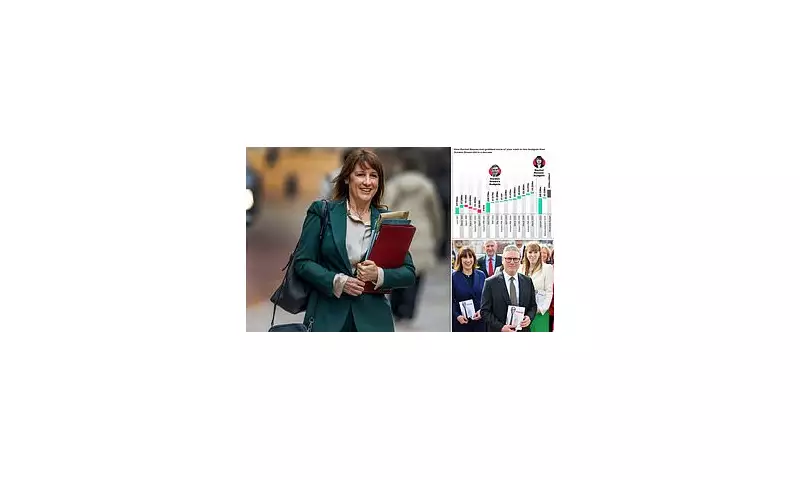
In a dramatic development that could redefine Labour's economic credibility, Shadow Chancellor Rachel Reeves is reportedly considering breaking one of the party's cornerstone manifesto commitments by potentially raising income tax rates.
The £30 Billion Fiscal Challenge
Senior Labour figures are confronting an alarming £30 billion shortfall in public finances that threatens to undermine their spending plans should they form the next government. This staggering gap has forced party leadership into difficult conversations about which promises might need to be abandoned.
Manifesto Pledge Under Scrutiny
Labour's current manifesto contains a clear commitment not to increase the main rates of income tax, national insurance, or VAT. However, Treasury analysis seen by party officials suggests this pledge may be unsustainable given the scale of the financial challenges facing the next government.
Reeves's Dilemma: Principles Versus Practicality
Rachel Reeves, who has built her reputation on fiscal responsibility and economic competence, now faces her toughest political test yet. The Shadow Chancellor must balance her desire to maintain Labour's tax promises against the harsh reality of Treasury figures showing significant funding gaps in public services.
Insiders reveal that senior Labour figures are engaged in intense discussions about how to manage expectations while maintaining economic credibility. The party finds itself caught between its progressive spending ambitions and the constraints of an economy still recovering from multiple crises.
Broader Implications for Labour's Economic Strategy
This potential U-turn represents more than just a broken promise—it strikes at the heart of Labour's attempt to position itself as the party of economic stability. The revelation comes at a sensitive time for the opposition, which has enjoyed consistent poll leads partly based on perceptions of fiscal responsibility.
Political analysts suggest that how Labour handles this dilemma could define their early days in government, should they win the next election. The party must convince voters that any departure from their manifesto represents prudent economic management rather than political betrayal.
The Road Ahead
With the next general election approaching, all eyes will be on how Rachel Reeves navigates this fiscal minefield. The Shadow Chancellor's decisions in the coming weeks could determine not only Labour's election prospects but also the fundamental direction of Britain's economic policy for years to come.





